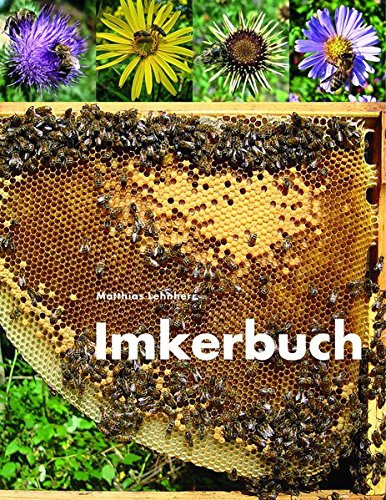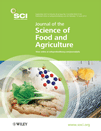Effects of Brazilian Green Propolis on Double-Stranded RNA-Mediated
Induction of Interferon-Inducible Gene and Inhibition of Recruitment of Polymorphonuclear
Cells
BACKGROUND: Propolis is a bee product with various
biological properties including an antiviral activity when orally taken.
However, its mechanisms at the cellular and molecular level are not well
understood.
RESULTS: We investigated the effect of propolis on the
antiviral signaling in A549 cells transfected with double-stranded RNA (dsRNA),
a model for viral infection. Pretreatment of the cells with propolis inhibited
the poly I:C (synthetic dsRNA)-induced interferon (IFN)-β expression. Propolis
had no effect on the dsRNA-induced expression of RIG-I-like receptors (RLRs),
which are known as intracellular viral RNA sensors. As to the effect on
antiviral executor genes, propolis enhanced myxovirus resistance 1 (MX1)
expression while interferon inducible gene 6-16 (G1P3) and 2'-5' oligoadenylate
synthetase (OAS) were unaffected. All of these genes belong to the
IFN-inducible genes, suggesting that the effect of propolis on antiviral
signaling is not necessarily mediated by the autocrine regulation by IFN-β.
Propolis pretreatment inhibited the dsRNA-induced interleukin-8 (IL8) and CCL5
expression, and consequently lowered the polymorphonuclear leukocyte (PMN)
chemotactic activity in the cell-conditioned medium.
CONCLUSION: Taken together, these results suggest that
propolis may suppress excess inflammatory responses without affecting the
innate immunity during viral infection.
 Lehnherr, Mathias (8. Aufl. 2017) [1992]: Imkerbuch
Lehnherr, Mathias (8. Aufl. 2017) [1992]: Imkerbuch



